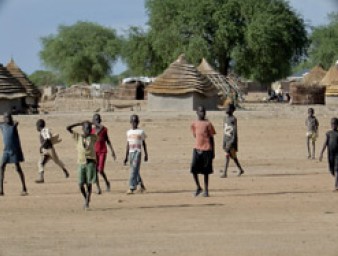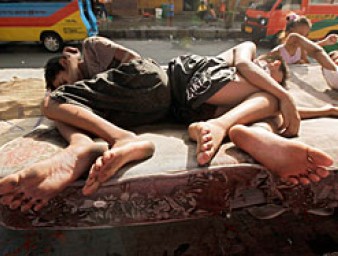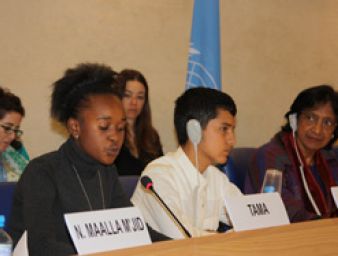Supporting the rights of children living in the street
05 April 2011
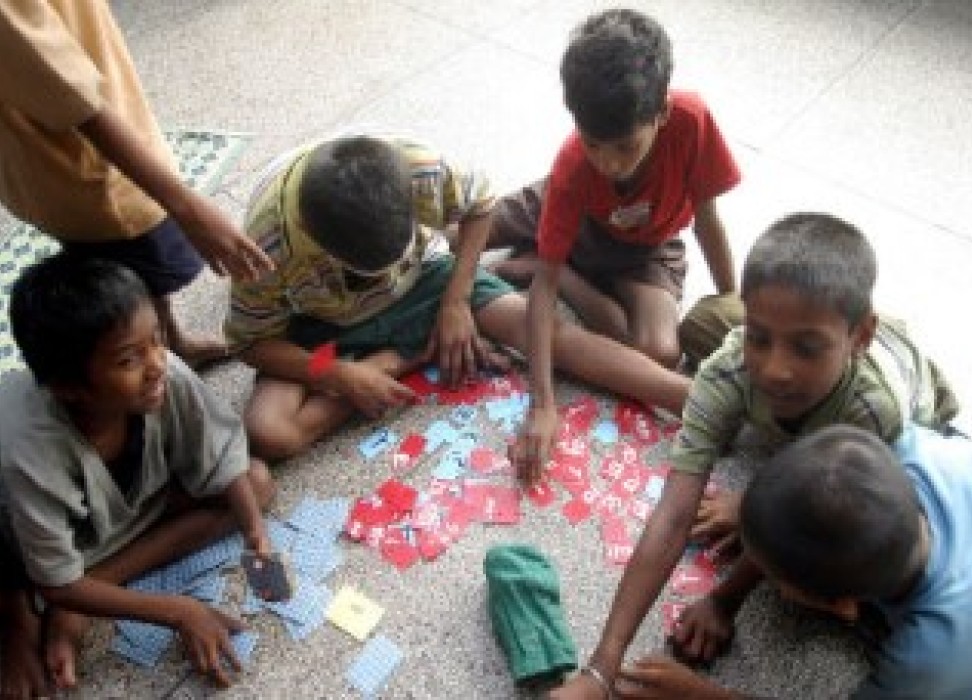
Everyday around the world, millions of children face neglect, abuse and poverty that force them to live and or work in the streets. There, children face more threats: violence, sexual abuse and in extreme cases even murder.
The problem of street children is one from which no country is immune. “It is a shame that affects both the developing world and wealthy countries alike,” said UN Human Rights chief Navi Pillay in a statement to the Human Rights Council. “Children do not belong there. They belong in school and in the safe environment of homes.”
An annual day of discussion on the rights of children is held by the Human Rights Council to encourage international support and to offer children a safe and empowering platform to speak up for their rights. The Human Rights Council invited youth representatives of two NGOs, the African Movement of Working Children and Youth, from Benin, and of Plan supported programs in Bangladesh. These youth representatives joined the panel to share their personal stories. “After all,” the High Commissioner said, “it is the children that know best.”
“Supporting the rights of the child, for us, means helping each child realize their full potential, but this should be everyone’s priority,” said Séverine, a 17-year old from Benin. “It is the silence of States and parents that have led to the miserable condition of children living in the street.”
Riaz, aged 16, from Bangladesh, spoke about his experiences living in the street and expressed his compassion for other children who are still struggling: “I feel sad for those children growing up without love and affection of their parents, or opportunities to go to school and have decent lives.”
“Everyone in the international community should join hands and come up with a long term solution,” said Tanya, aged 14, a former street child who is now a peer mentor for Plan in Bangladesh. She asked everyone to work together to help protect children, and prevent them from living and working in the street.
“Effective strategies to protect children in street situations must ensure their participation in the design, development and evaluation of such programmes,” said the High Commissioner. “Children living and/or working on the streets should not be seen as a social problem, but as human beings with full potential to contribute to society and as agents of change.”
Joining the panel was Rev. Patrick Shanahan, President of Street Invest, an NGO that supports street children, who urged the Human Rights Council to take innovative action: “I challenge you to rethink, replan, renew. This is not Harry Potter, there is no magic solution.”
The 16th session of the Human Rights Council took place from 28 February to 25 March at the Palais des Nations in Geneva, Switzerland.
5 April 2011
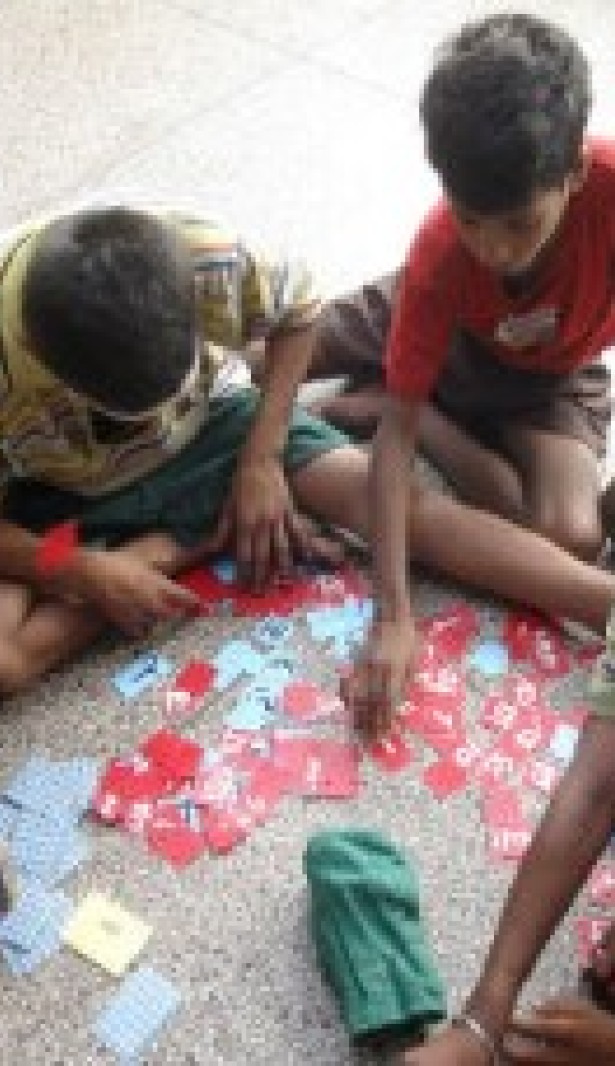
VIEW THIS PAGE IN:

